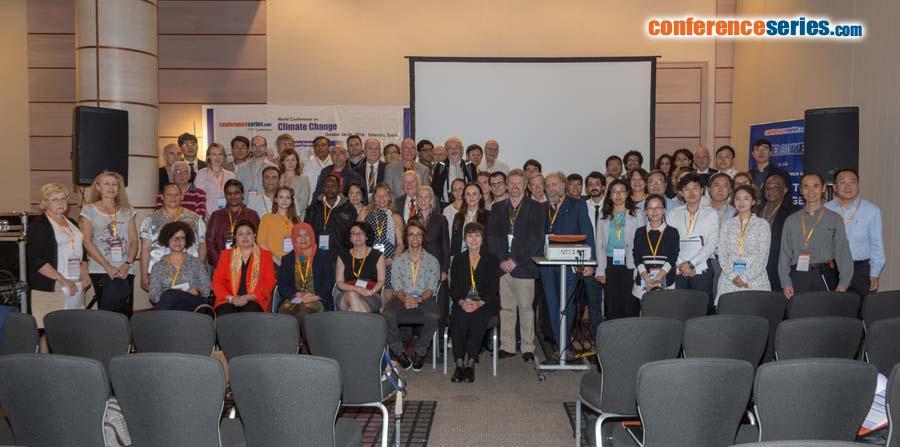
Mohammad Mohammadi Khabbazan
University of Hamburg, Germany
Title: Decarbonizing the global economy – An integrated assessment of low carbon emission scenarios
Biography
Biography: Mohammad Mohammadi Khabbazan
Abstract
Given damages from climate change are highly uncertain and have the potential to be catastrophic; the precautionary principle provides a strong incentive to policymakers for mitigating of and adapting to climate change. In 2015 the Conference of the Parties (COP 21) agreed on pursuing efforts to limit the temperature increase to 1.5°C above preindustrial levels while finding no consent on decarbonizing the global economy and instead, the final agreement called for enhanced scientific investigation of "low carbon emission scenarios." While many studies focus on carbon concentration, targeting low carbon emission can be considered as one innovation of this paper, which is also more in line with recent climate policy proposals. We employ a cost-effectiveness analysis using the coupled climate-energy-economy integrated assessment model of investment and endogenous technological Development (MIND), which consists of a one-box climate module with ocean heat uptake, a stylized energy sector module and a Ramsey-type economic growth module. To better capture ocean sink, we extended MIND's climate module to the two-box version by the Dynamic Integrated model of Climate and the Economy (DICE). Our results indicate recent climate policy proposals might not comply with the 1.5° C target, and even achieving the 2°C target is prohibitively expensive. Specifically, we find decarbonizing the global economy by 2080 seems to become feasible at a cost of 0.59 percent in terms of Balanced Growth Equivalents, if the investments in renewable energy production peak at more than 2 percent of global gross domestic product in 2040 and decline thereafter.

